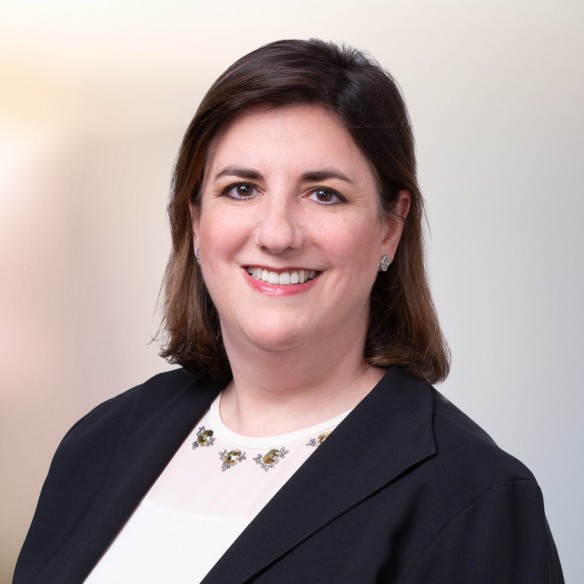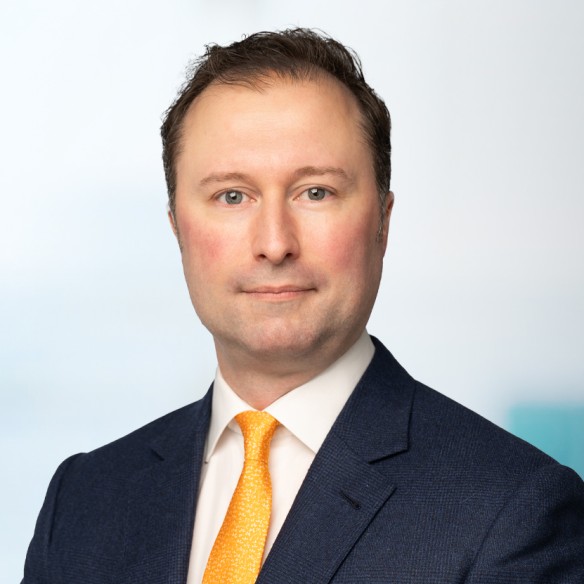"In what has been a recently challenging fundraising environment, credit funds are still a bright spot for GPs. The new buzz about credit fund formation relates to the creation of 'evergreen' structures. Currently, there is not a 'one-size fits all' model for evergreen structures and structuring will depend upon the underlying credit instruments, tax structuring needs and investor acceptance of any proposed evergreen fund model. In addition, there are managers seeking a more flexible credit mandate that would allow public credit alongside private debt."
Kelli Moll, Private Funds, New York
"The year so far in credit fundraising generally is characterized by a continued flight to the biggest managers in private credit, particularly direct lending. However, outside of this, in more niche strategies, mid-market and smaller managers are still able to fundraise provided their strategy and product is sufficiently differentiated. Allocators remain hungry for credit exposure across the spectrum, although slow-downs in distributions from other parts of their private market portfolios in some cases have dampened the ability to write new cheques. In Europe, we are seeing more innovation in areas such as evergreen fund structures, straddling between private and public markets, as well as multi-strategy credit, asset-backed lending or specialty finance, with some more significant interest also in real estate credit, potentially entering the market at a dip, and infrastructure credit, including energy transition-related credit. Specific strategies relating to significant risk transfers, which previously may have been housed within more general credit strategies, are also more commonly being launched as single-strategy products, buoyed by the size of opportunity as European banks still have substantial books of lending to transfer."
James Oussedik, Private Funds, London
"Though credit as an asset class continues to be ‘in demand,’ we have seen some fundraises take longer than previously to get from start to finish. For closed-end products, an eighteen-month fundraising period is now generally accepted in lieu of the twelve-month period of prior years, and managers sweetening the pot via initial closing discounts, co-investment capacity or otherwise has become more standard. Further, managers who have traditionally deployed standard closed-end or open-end structures are exploring different structuring options to access capital – e.g., via insurance rated feeders, vehicles to access high net worth capital and other means – or because of liquidity or operational demands of their traditional institutional investors – e.g., by utilizing evergreen structures or customizable funds-of-one."
Nicholas ‘Carter’ Noon, Private Funds, Boston
If you would like to contact us or have a question for "Question of the Week," please email beyondthedeal@proskauer.com





